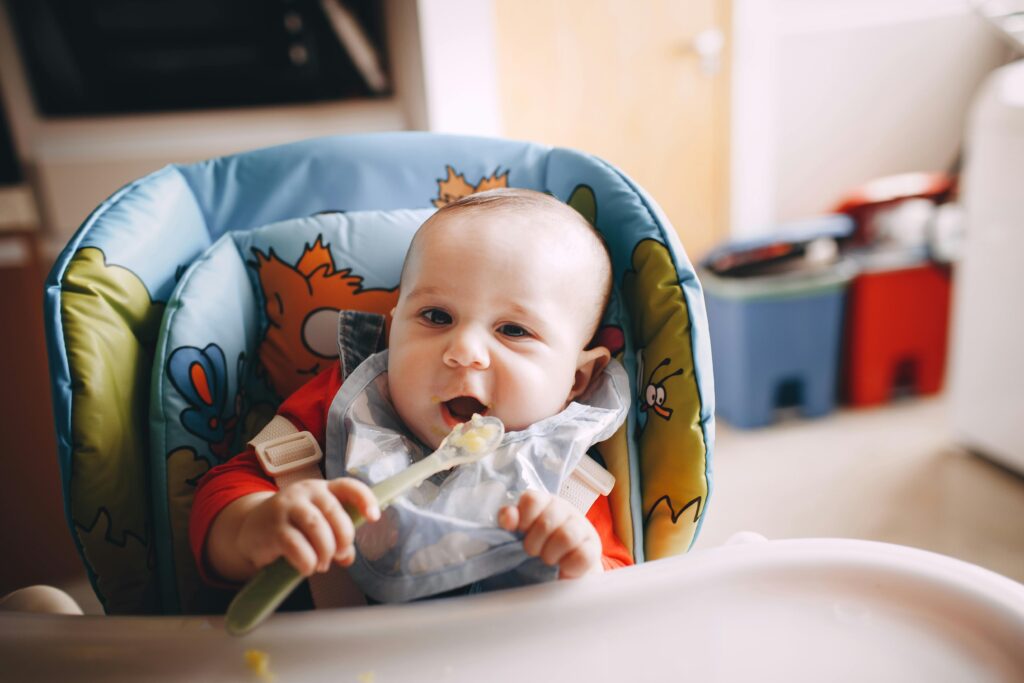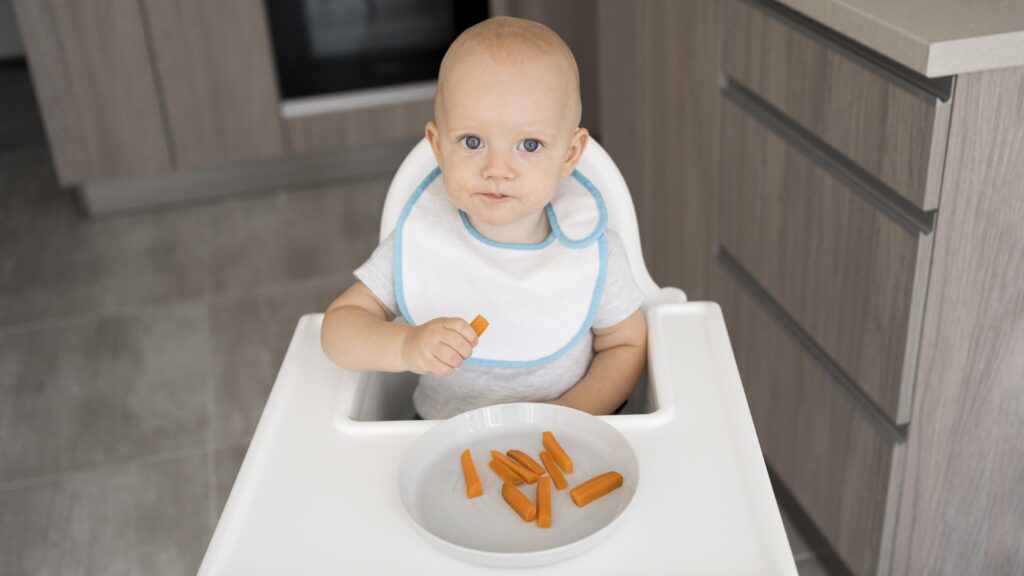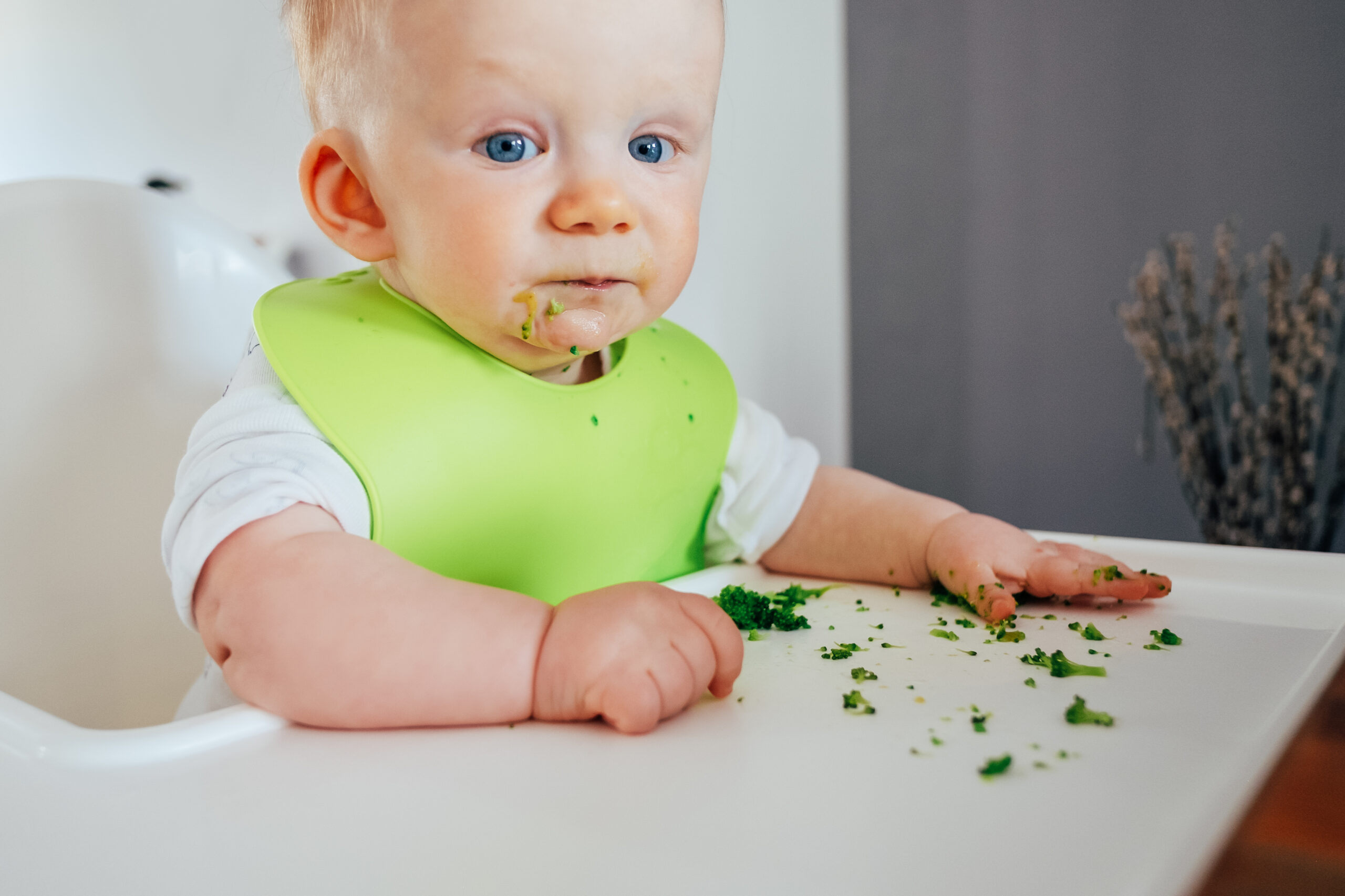Child-parent feeding relationship! Yes, it is a kind of relationship which greatly impacts your health. It may also leave you struggling with food choices, different textures, and difficulty adapting to food changes. The child-parent feeding relationship impacts overall growth and development. Having a consciousness about our appetite is linked to our journey of solids when we were an infant and how we were fed. Have you said no to a glass of milk? And you were still threatened to have it? Have to say no to broccoli and you were bribed with a desert in exchange? Were you distracted by the screen and fed? Do you struggle even with different textures of food items? I can leave you shocked at the incorrect methods you were fed. Force-feeding is also physical abuse which can destroy the child’s self-regulation of appetite, have a negative association with food, and leave an emotional impact.
Our body functions harmoniously with various systems like the respiratory, cardiac system, etc. These systems are amalgamations of different organs. These organs are formed of tissues which are formed by numerous cells. So you can say the cell is the smallest unit of our body. Cells are the basic structural, functional, and biological unit of the organisms. Cells can function on their own. Where do cells get energy from? The food we eat is broken down into chemical energy. Thus eating the right kind of balanced food is essential. Healthy food is always high in nutrition and an appropriate amount of calories is required for healthy functioning. The conscious habit of choosing the right food for health comes from childhood and the role of parents plays a major role. The child-parent feeding relationship is not limited to just filling the food in their stomach, it’s way beyond which we shall discuss further in the article.

Child-parent feeding relationship impacts overall growth and development- Exposure and feel
Parents often say their baby consumes more snacks like biscuits or wants fast food only. Parents have you noticed what is displayed on your dining table, are there fruits or packed junk? Exposing babies to the right kind of food is an investment into their health by parents for their healthy childhood and future. Exposing the baby to local and cultural food based on prevailing season and availability from the beginning helps them develop a positive association with the food. Positive associations are enjoying the food, accepting food cooked in its simplest form like steamed or boiled, and understanding its significance for nourishment. Early exposure helps babies and toddlers understand the kind of local and cultural food, accept its natural form, and know its source and impact on healthiness. The child-parent feeding relationship impacts the overall growth and development of the child as it is a complex interaction on the dining table that includes the behavior, selection, and injection of the food. While exposure only allows how the food looks, giving varied tastes and textures allows the baby to adapt. The textures vary from crispy, smooth, granular, tender, tough, greasy, creamy, and chewy. Allowing babies to explore various tastes and textures before 9 months of age helps them to accept the different types of food tastes and textures confidently.
Child-parent feeding relationship – Parents when do you start solids
Mother’s milk is best for the nutrition of a child of any species. Mother’s milk is the natural form of nutrition that is easily digested and helps in the overall growth of the babies until their gut matures and it is enough for growth. Breast milk cannot fulfill the energy requirements of an infant after 6 months alone. Thus it is advisable to start with solids on completion of 6 months. The principle of starting with complementary feed is to help with nutritional needs. Following 6 months, the baby’s gut becomes mature enough to handle all the macronutrients carbohydrates, proteins, and fat from the various food groups. Having solids before 6 months or weaning off before that time can lead to an underweight baby. Also, during this time the child is exploring and curious about putting things in their mouth. It is essential to consider hygiene while cooking for babies or it may lead to a food-borne infection.
The following things should be noted in babies before introducing solids-
- Babies should be sitting with minimal support
- Baby showing interest in food,
- And when babies start mouthing the objects.
Essentials for starting solids-
- High chair
- Cutlery (pre-spoon, suction plate /bowl) and bib,
- Cooking equipment (essentially steamer, masher)
- A persistent caregiver with knowledge of the introduction of solids,
A few guiding principles to help parents
Complementary feed assists in covering the energy and nutritional gap that is not fulfilled by breast milk.
When to offer? The best time to give a meal is when the baby is half full, active, and playful i.e. 30-45 minutes after the milk feeding. This time may increase as the baby starts having more portion of solids, nearly 11 months of age. Eventually, they understand the importance of food for satisfying their hunger and they demand it when hungry. It is all about patience and consistency on the parent’s part.
How many times to offer the meal and snacks?
- 6 months to 7 months – 1 meal, 1-2 tablespoon
- 7 months to 8 months- 1 meal and 1 snack
- 8 months to 9 months- 2 meals and 1 snack
- 9 months onwards- 3 meals and 1/2 snacks ( this model may help you wean off gently and prevent a sudden fall in milk production as breast milk has a range of benefits and can be continued till seven years of age)
What to offer?
- Fruits
- Vegetables
- Millets and pulses
- Dairy – cow milk from 1 year onwards, curd, cheese, and paneer
- Parent-based milk, tofu.
How to offer? Parents can either start with finger food or puree then gradually advance to mashed and finger food by 9 months. Steaming is the best form of cooking as it retains all the nutrition of the food. From 9 months, the baby can have a meal from the family pot keeping into consideration the spice and salt levels. It is best to avoid salt till 1 year of age and sugar till 2 years of age. Exposing a baby to the maximum number of food items at 9 months is favorable for their palate to adjust and accept a variety of food.
Cautions
- Avoid distractions during mealtime
- While introducing finger food – ensure to do a finger test (food should be soft enough to squeeze between the thumb and index finger)
- Size of the food should be big enough for the baby’s grip.
- A parent should know the difference between gag reflux and choking; how to handle the choking.
- Meal time should always be under observation, also parents should show infants how to pick up the food and chew. the action of chewing can be exaggerated while teaching how to eat.
- Do not force feed because when anything forced has ever had a good impression or influence on anyone in history. Child whose will was never respected will surely reflect in its personality.

Child-parent feeding relationship
Meal time is a complex interaction between the members sitting at the dining table. It is not about what food is introduced to the child but the factors like timing, place, quantity, kind of food, and who is feeding the child are significant. This child-parent feeding relationship has an impact on physical health, social behavior, and emotional health too. It has a social and emotional impact too. The attitude of parents while feeding the child has much more to do with the food relationship of a child.
It is important to know the above basic principles while initiating the solids journey. Every parent should be aware of the quantity and ways to gently wean off the baby. How self-feeding is important for brain development, as eating is a complex process. At the same time, it activates their brain motor area for their fine and complex motor reflexes. It helps the baby’s hand-eye coordination and finger movements. To your surprise, if self-feeding is encouraged early on a 9 month baby can even pick the puffed rice. If they are left to feed themselves they understand the nature of eating on their own as the only way of satisfying their hunger.
Allowing a baby to self-feed is trusting your child’s skills and fulfilling their hunger for love.
More on parenting and breastfeeding


It’s great to know about the child ‘s feeding time and their relationship with food and parents
Thank you 😊
Thank you for the detailed information. It is surely going to help new mothers. Keep posting more about child’s development and our actions to deal with ongoing changes.
Thank you 😊
The article is v informative.. Good work Doc😍
Thank you 😊